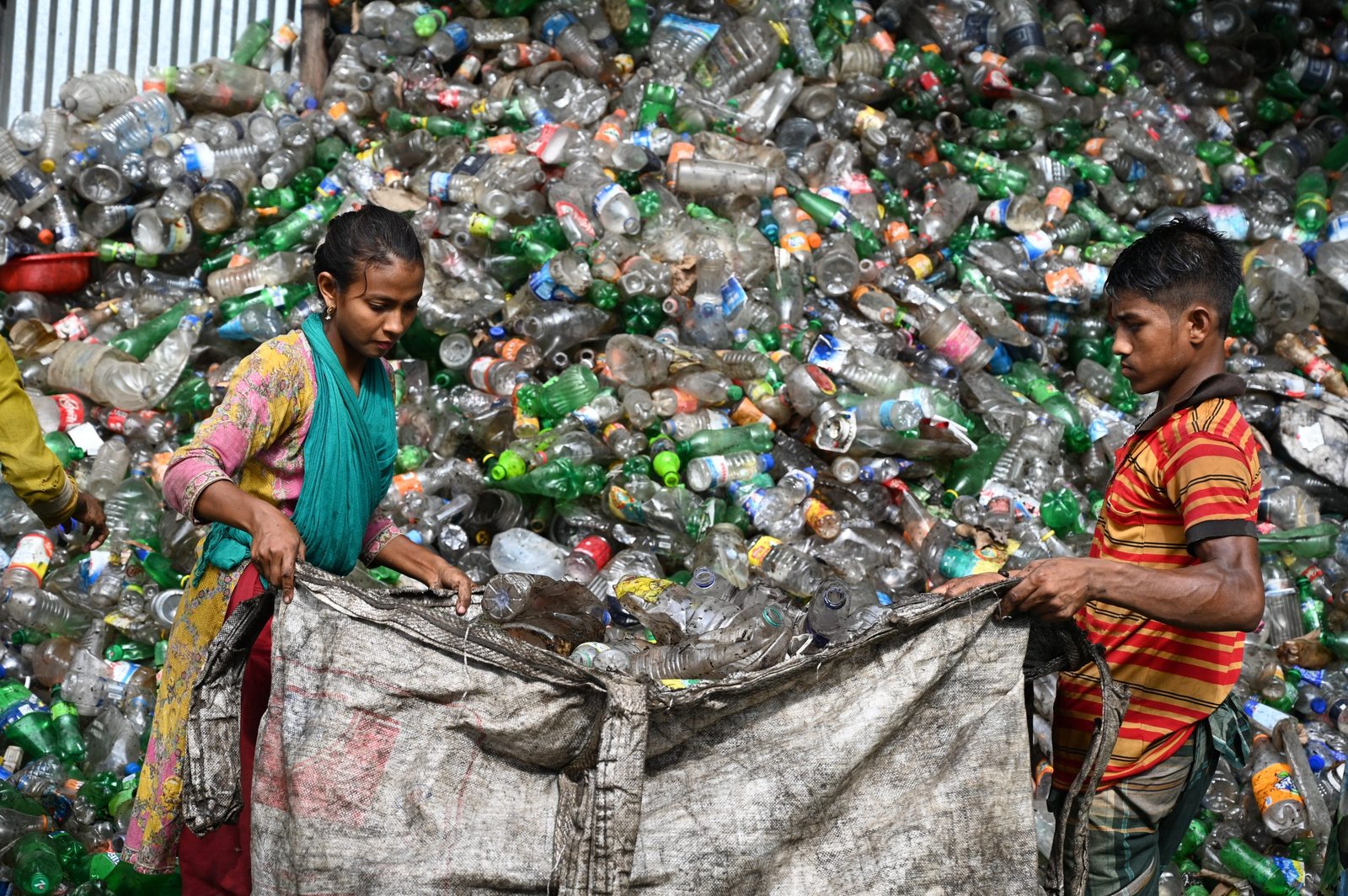According to unctad on 11 November 2022,
Prominent representatives from the UN system met during the 2022 UN climate summit (COP27) on 10 November to shed light on the often-overlooked but nonetheless crucial link between plastic waste and climate change-inducing carbon emissions.
The event entitled “How combatting plastic pollution and illegal traffic in plastic waste can help reduce carbon emissions” addressed ways to reduce carbon dioxide emissions by combating plastic pollution and illegal traffic in plastic waste.
It was co-organized by UNCTAD, the Secretariat of the Basel, Rotterdam and Stockholm Conventions (BRS Secretariat), the UN Environment Programme (UNEP) and the UN Office on Drugs and Crime (UNODC).
“Today’s event serves as an example of UN entities joining forces to deliver targeted policy advice and effective technical assistance to member states,” UNODC Executive Director Ghada Waly said.
Approximately 75% of all plastic produced in the world eventually becomes waste, which is particularly disconcerting if one bears in mind that plastics are petroleum-based and often illegally burned for disposal.
Seychelles is suffocating from illegal dumping and illegal burning of plastic as part of ‘recycling’ schemes. “The illegal trade, dumping and uncontrolled incineration of plastics is negatively affecting the pristine Seychellois ecosystem,” said Flavien Joubert, the country’s environment minister, who laid out a plan to prioritize the use of glass on the islands.
Illegal movement of plastic is on the rise.
Key solutions that are in progress include international cooperation and partnerships across countries and UN agencies, specifically on plastic pollution; increased law enforcement to tackle illegal plastic waste; and the development of alternative materials like glass.
In the same vein, Achmad Gunawan Witjaksono, a director in Indonesia’s environment ministry, announced the development of a new national policy that will serve as the country’s roadmap to prevent the import of hazardous and contaminated plastic waste.
“Local problems can only be resolved by the implementation of global agreements,” said Ecuador’s environment minister, Gustavo Manrique. As a case in point, he revealed that even though Ecuador has successfully established a national circular economy law, 83% of the plastic waste reaching its shores arrives from other countries.










